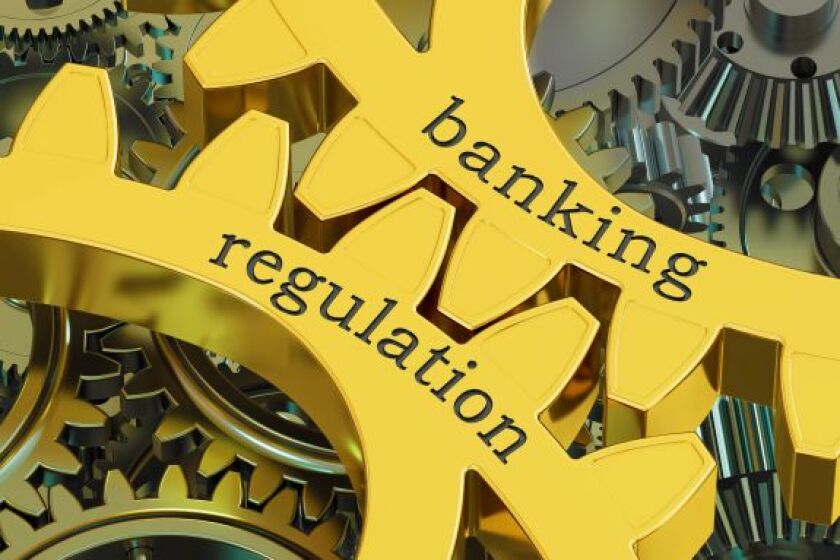Next time is now. The coronavirus has started what is likely to be the sharpest recession for decades. Already it is obvious governments and central banks will have to underwrite the banking sector. When the culprit is a virus, who is going to do a Hank Paulson with Lehman Brothers and torch a bank? All the policy action is about making things easier for the banks, and AT1 investors are being protected.
Does that mean the whole post-crisis bank capital and regulation effort has been futile? In a way, yes. It always looked like a complicated Maginot Line that would prove irrelevant when big trouble came.
But not entirely. Capital could still absorb the cost of individual bank failures. Banco Popular is the salient example. The trouble is, authorities will only hurt bank investors when a bankruptcy is an isolated, preferably small, incident in a basically sound economy. That is not when bank failures tend to happen.
The stronger argument in favour of bank capital is simply: what else can regulators do? The elaborate pantomime of risk allocation and protection at least keeps some investors providing capital in a consciousness that they are bearing risk. To admit that this is a charade would turn even bank equity into senior debt.
Bank investors would be being subsidised to pretend to take risk. Keeping them guessing is the only option.

